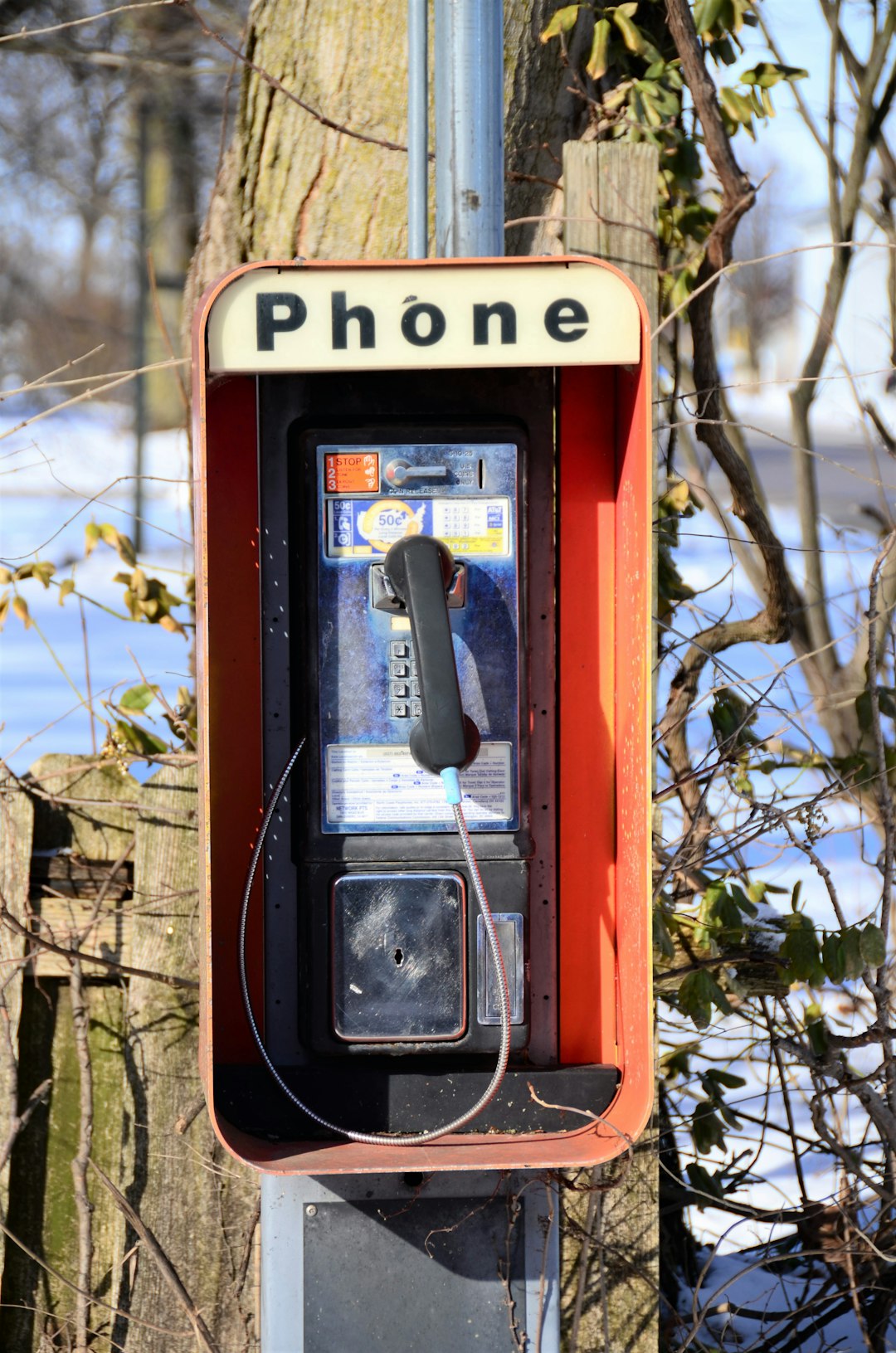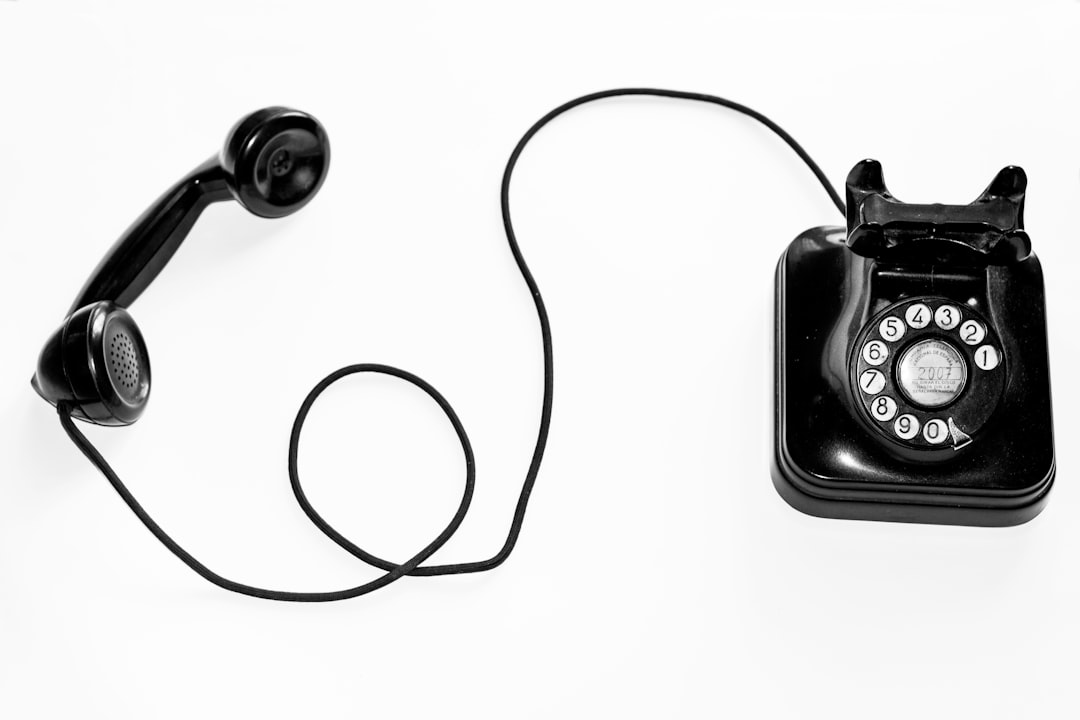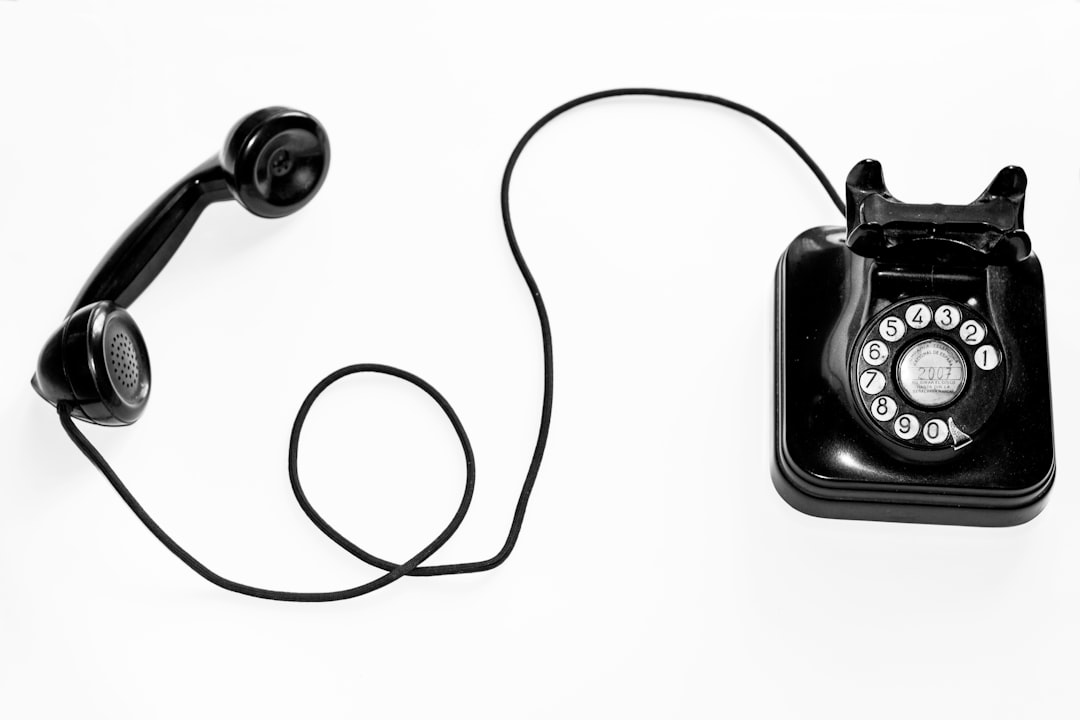Maine's strict robocall laws, enforced by the MPUC, regulate automated marketing calls to protect resident privacy. Businesses must obtain explicit consent, adhere to timing restrictions, and provide opt-out mechanisms to avoid penalties. When using robocall apps for Maine numbers, choose a reliable service with expertise in local regulations, offer comprehensive support, clear pricing, data security, and customizable settings to ensure compliance while fostering customer trust.
“In Maine, understanding and adhering to robust robocall laws is essential for businesses aiming to leverage automated calls effectively. This guide navigates the process of configuring robocall apps for Maine numbers, ensuring compliance from the get-go. We’ll delve into the legal framework surrounding robocalls, help identify suitable phone numbers, and provide insights on choosing the right service provider. By following our step-by-step setup instructions and best practices, businesses can maximize engagement while respecting consumer privacy.”
Understanding Robocall Laws in Maine
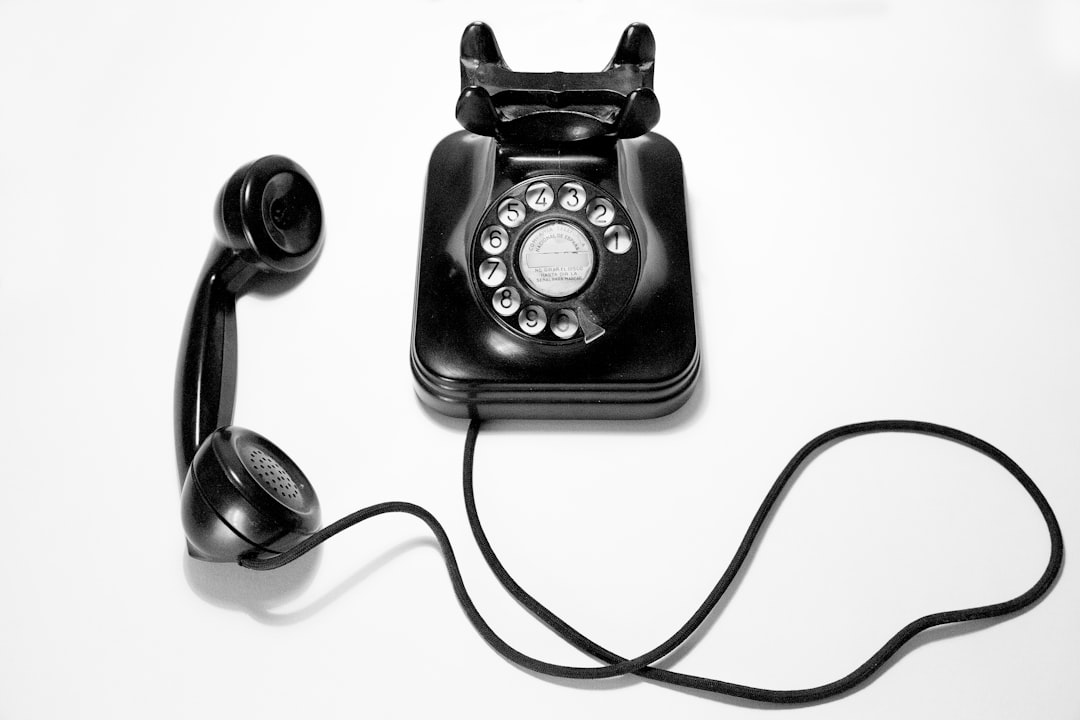
In Maine, as in many states across the US, robocalls are regulated by strict laws designed to protect citizens from unwanted and nuisance calls. The Maine Public Utilities Commission (MPUC) plays a crucial role in enforcing these regulations, ensuring that businesses practicing automated calling adhere to ethical standards. Understanding these laws is essential for anyone looking to configure or use robocall apps targeting Maine numbers.
Maine’s robocall Laws are designed to balance the needs of businesses engaging in marketing efforts with the right to privacy of residents. These rules cover various aspects, including consent requirements, call timing restrictions, and opt-out mechanisms. For instance, companies must obtain explicit permission before making automated calls for marketing purposes. Moreover, calls should avoid disturbing recipients during specific hours, such as early mornings or late evenings, unless prior consent is given. Knowing and complying with these rules is vital to avoiding penalties and fostering positive relationships with Maine consumers.
Identifying Eligible Numbers for Robocall Apps
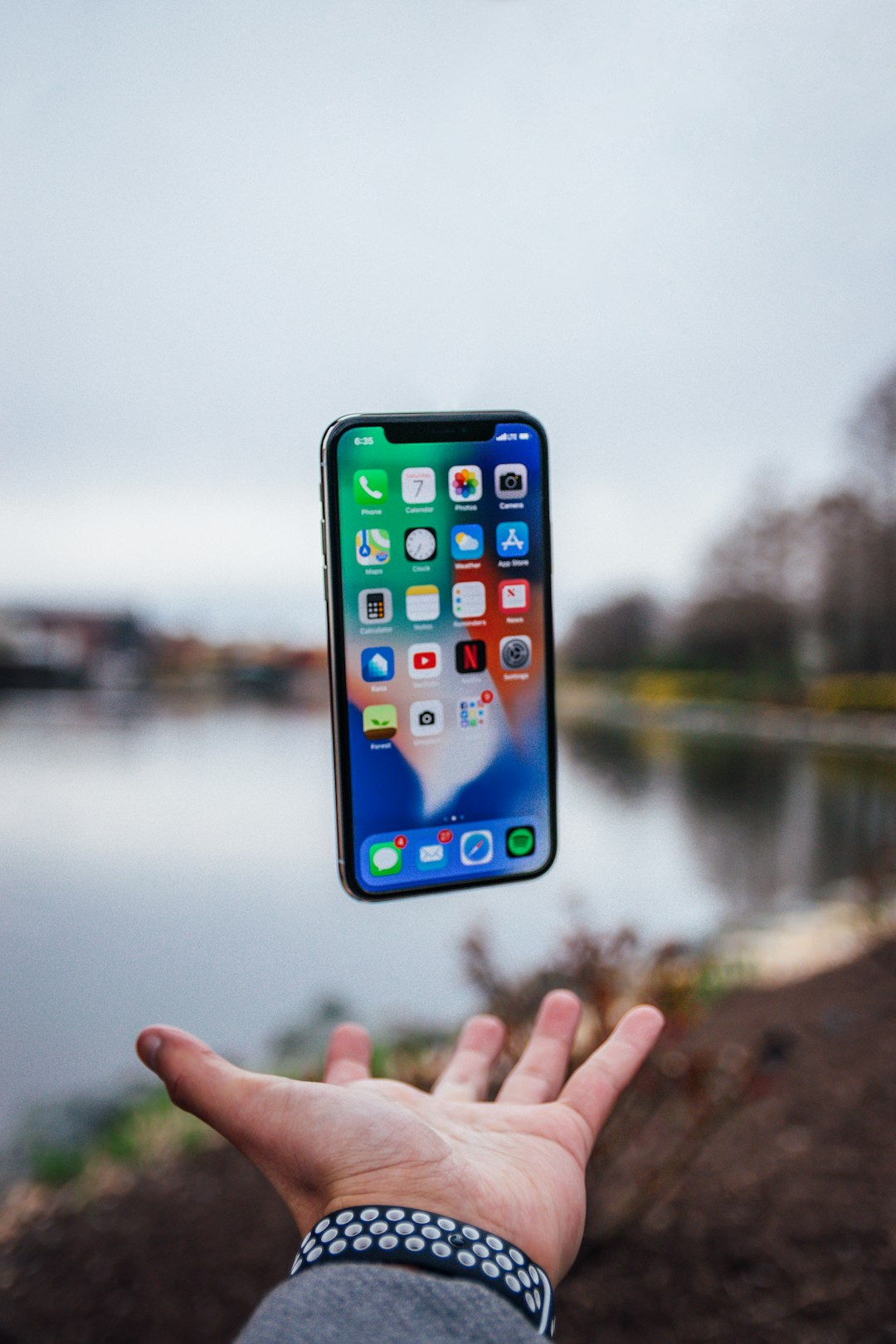
In Maine, the use of robocall applications is governed by specific laws and regulations aimed at protecting residents from unwanted or deceptive automated calls. To configure robocall apps for Maine numbers, it’s crucial to first identify eligible telephone numbers that comply with these rules. The state allows the use of automated dialing systems, but there are restrictions on when and how they can be employed. Generally, businesses must obtain prior express consent from callers before initiating robotic phone calls.
Eligible numbers typically include landline and mobile phones registered in Maine. However, it’s essential to ensure that call recipients have given their explicit permission for automated calls, as per the robocall Laws Maine. Non-compliance with these regulations can lead to legal repercussions, so it’s vital to thoroughly vet and document consent before utilizing robocall apps for any marketing or informational purposes within the state.
Selecting the Right Robocall Service Provider

When configuring robocall apps for Maine numbers, selecting the right service provider is a crucial step. It’s essential to choose a company that understands the strict robocall laws in Maine and complies with them. Look for providers offering robust privacy protections, transparency in call tracking, and tools to ensure you’re adhering to local regulations.
Consider service providers with a proven track record of helping businesses navigate the complex world of robocalling while maintaining customer trust. Reputable companies will offer comprehensive support, clear pricing structures, and features like call records, detailed analytics, and customizable scripts to enhance your communication strategy.
Setting Up and Customizing Your App
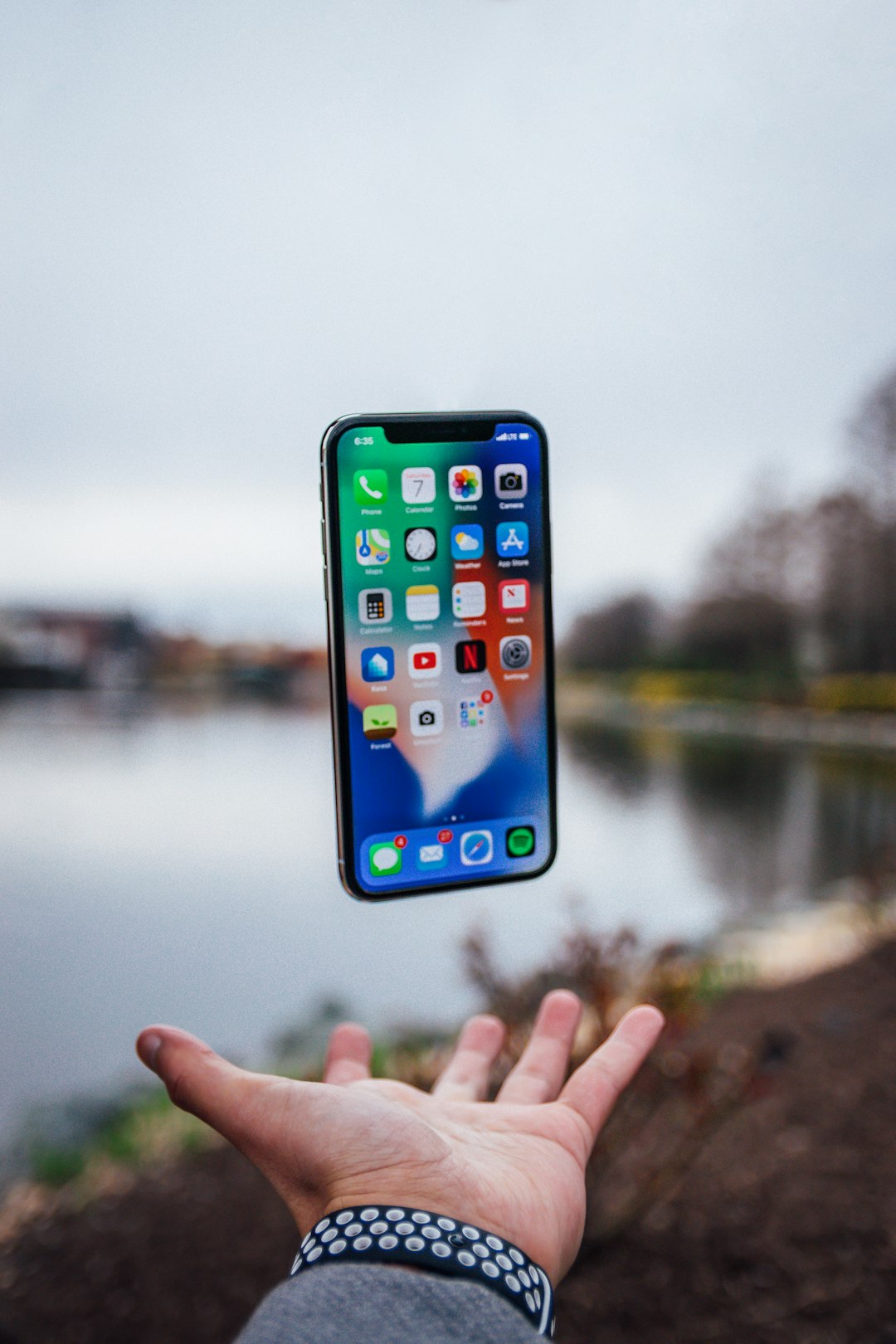
When setting up a robocall app for Maine numbers, it’s crucial to understand and comply with the state’s robocall laws. Maine has specific regulations in place to protect residents from unsolicited automated calls, so ensure your app adheres to these guidelines. Start by customizing your app’s settings to align with Maine’s do-not-call list and consent management requirements. This involves configuring opt-in and opt-out mechanisms, allowing users to control whether they receive automated messages.
During customization, pay close attention to data privacy and security features. Implement robust measures to protect user information and ensure compliance with relevant data protection laws. Consider adding preferences for call scheduling, message content customization, and individual number blacklisting to cater to diverse user needs.
Compliance and Best Practices for Effective Robocalls
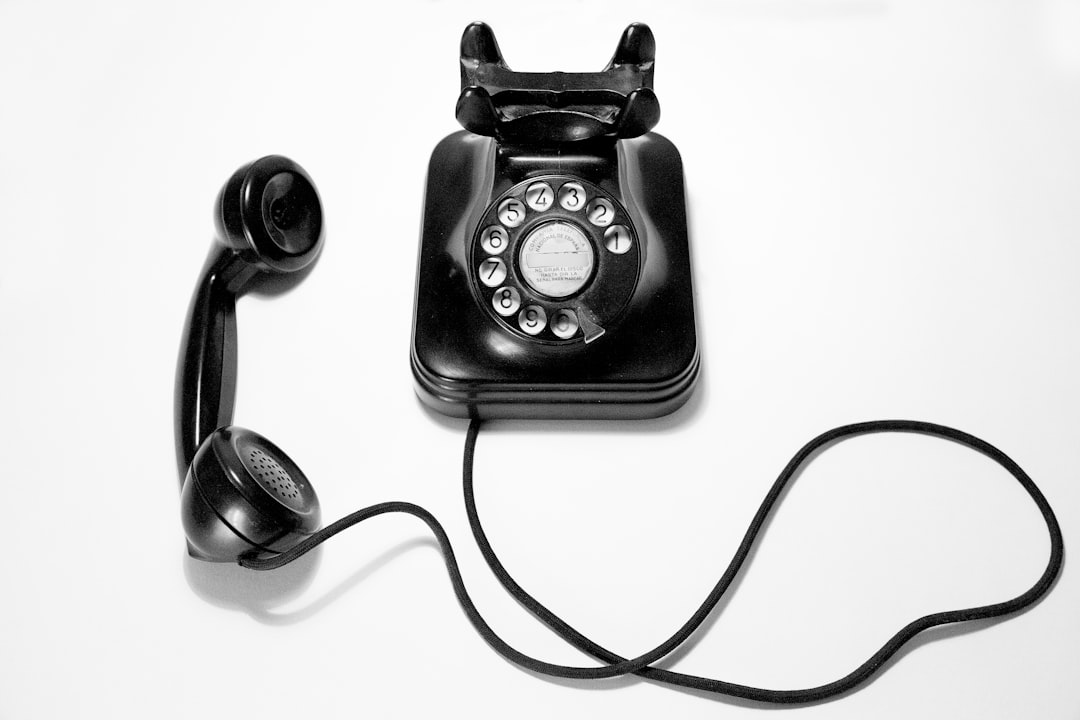
When configuring robocall apps for Maine numbers, it’s crucial to navigate the state’s specific robocall laws while adhering to best practices for effective communication. Maine has stringent regulations in place to protect residents from unwanted automated calls, so understanding these guidelines is essential. Ensure your robocall app complies with requirements such as providing a clear opt-out mechanism and respecting do-not-call lists. Transparency and user consent are key; clearly communicate the purpose of each call and give recipients the power to stop receiving messages at any time.
Best practices include personalizing calls whenever possible, timing messages strategically to avoid disturbing recipients during sensitive hours, and analyzing call data to continually improve campaigns. Additionally, maintain accurate records of caller IDs and scripts to demonstrate compliance should any issues arise. By striking a balance between legal adherence and effective messaging, your robocall initiatives can successfully engage Maine residents while respecting their privacy.
